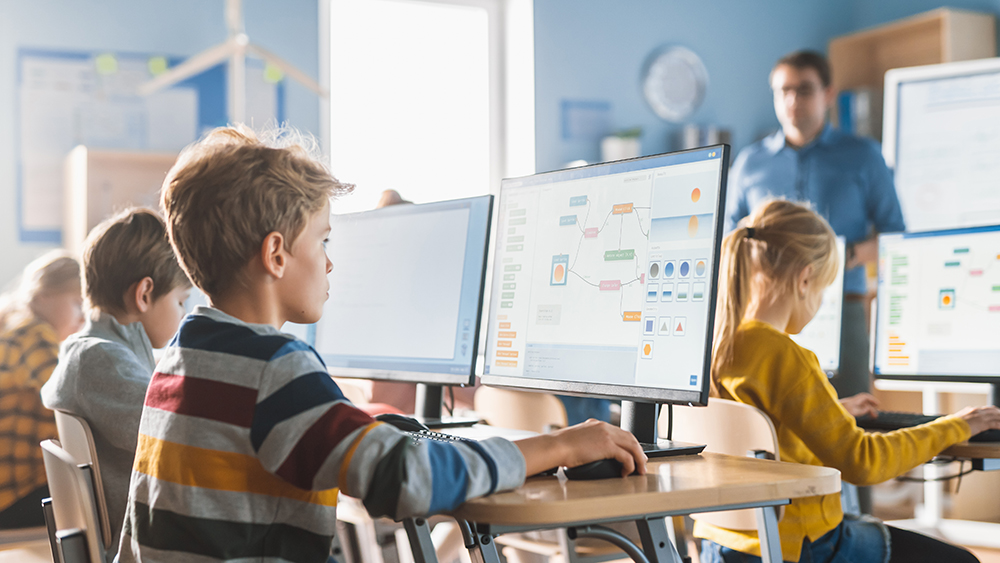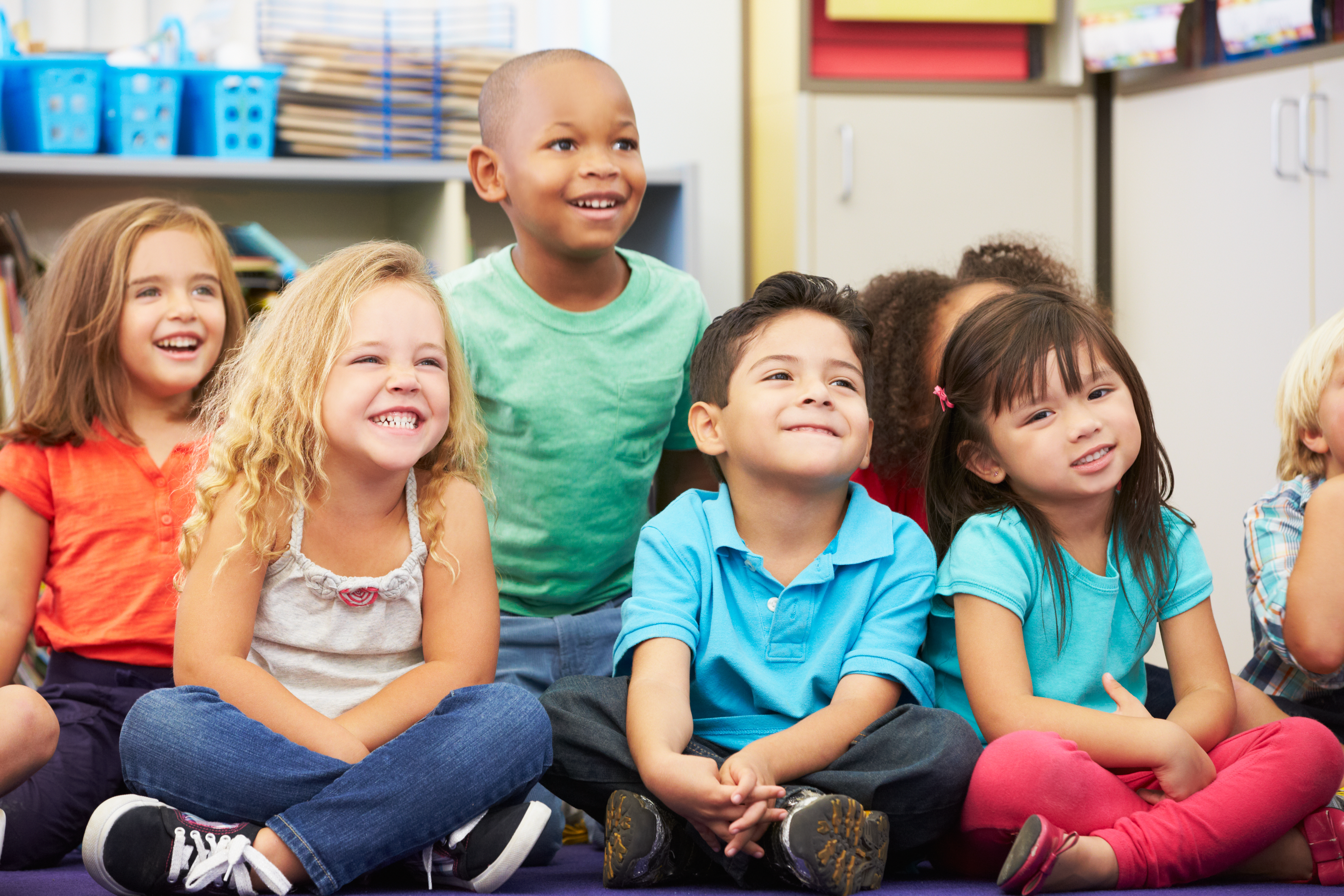The Agency took part in a peer learning activity (PLA) focused on blended learning for inclusion in Dubrovnik, Croatia, in early October. It aimed to examine policies to support blended learning, particularly following recent challenges in Europe such as the COVID-19 pandemic and the on-going war in Ukraine.
The PLA, entitled ‘Blended learning for inclusion: exploring challenges and enabling factors’, took place on 5–7 October. Blended learning practices may include learning both in school and outside school, such as distance learning, or using different digital or non-digital learning tools.
Participants in the PLA included education ministry representatives from countries across Europe, from the European Commission and from other European institutions. They discussed existing blended learning policies and practice and the support that is needed to ensure blended learning for inclusion. The discussions aimed to allow participants to reflect on and strengthen their own policies.
Agency representative Anthoula Kefallinou presented European approaches to blended learning for inclusion. She focused on digitalisation in education, as examined in the Agency’s recent Inclusive Digital Education activity, and discussed key considerations to ensure that all learners can benefit from digital tools and methods. She also presented some specific country examples from the Building Resilience through Inclusive Education Systems (BRIES) activity. These included distance teaching and learning and digital counselling policy initiatives in Sweden, the TED-I programme in France and an integrated education platform in Poland.
As well as taking part in structured discussions and presentations, participants also had the opportunity to visit a local primary school that uses blended learning techniques. These included teaching and learning in different areas of the school grounds and using equipment such as smartboards, small robots and laboratory equipment.
The activity was part of the ‘Pathways to School Success’ strand of the European Commission’s European Education Area Working Group on Schools. The Working Group’s aim is to explore sustainable systemic change in education, with a particular focus on blended learning, competence-based approaches and assessment. The results and outcomes from the PLA will be summarised in a report with key messages and illustrative examples, and will be further discussed at the next Working Group meeting in December.
The Commission has published an article Ms Kefallinou prepared for the Working Group on its European School Education Platform website.
January 2023 update
The Working Group report was published in January 2023, and provides information on blended learning strategies. The report, which is supported by a factsheet, provides policy-makers and other stakeholders with key messages to enable them to implement effective blended learning approaches in their education systems.

